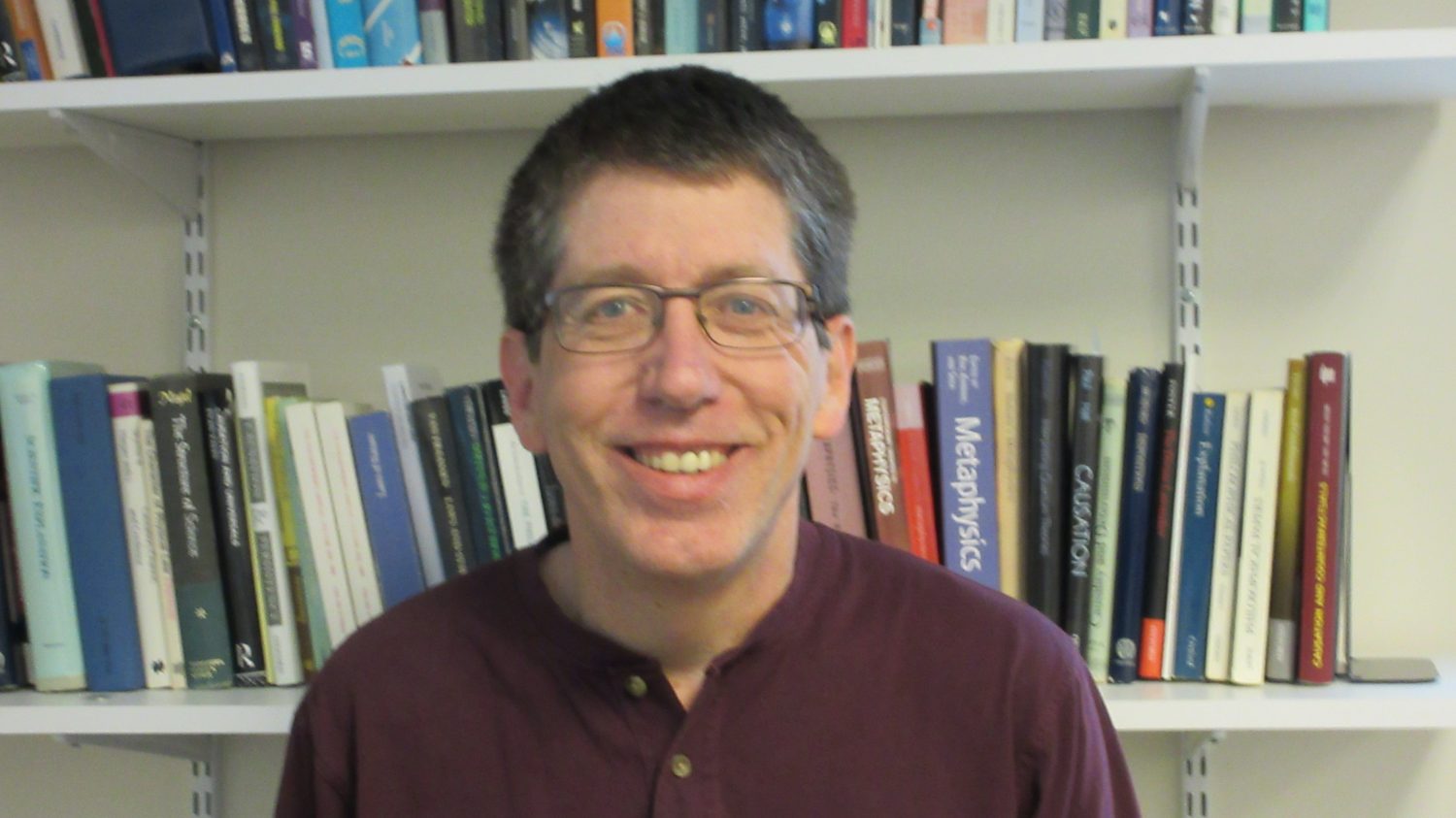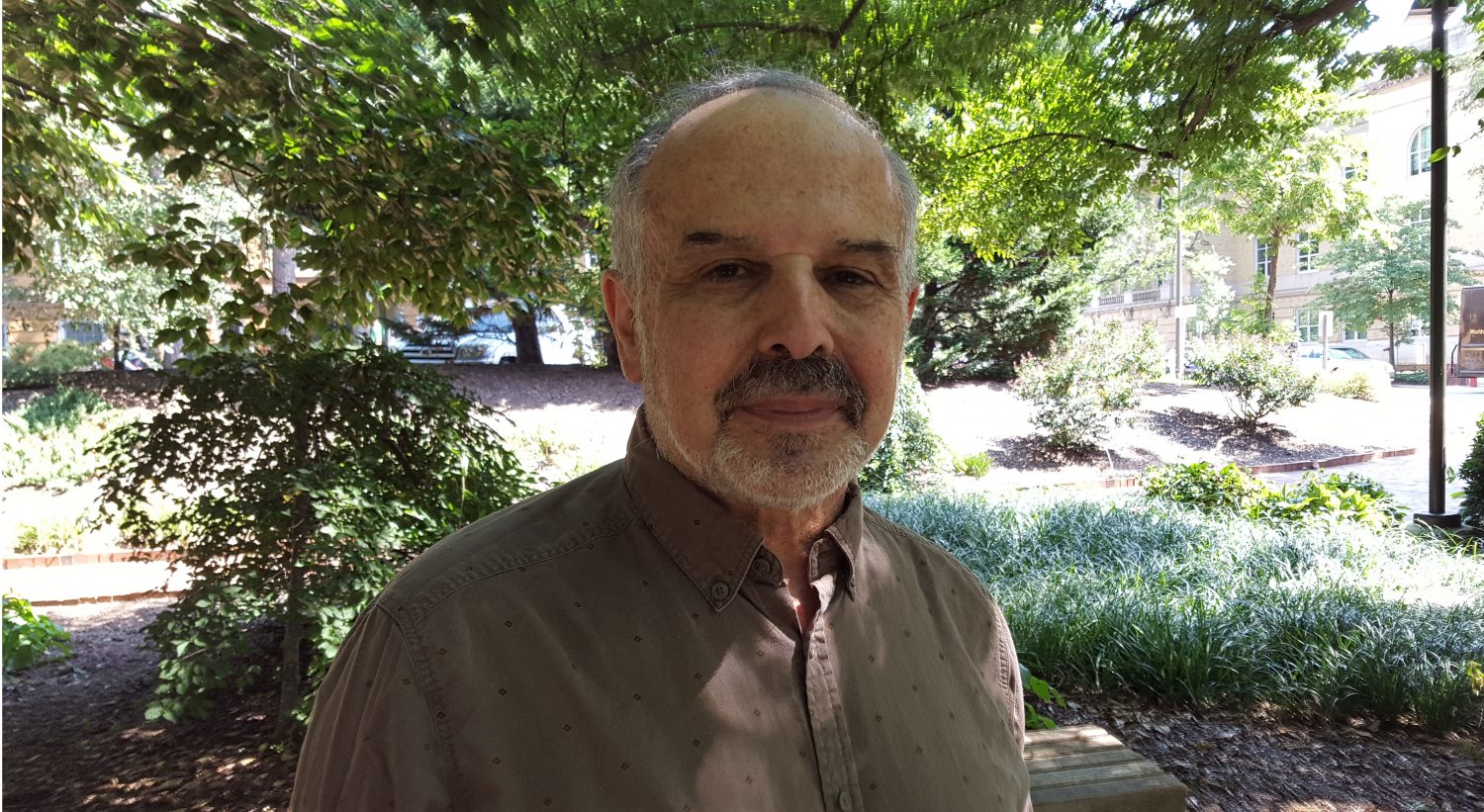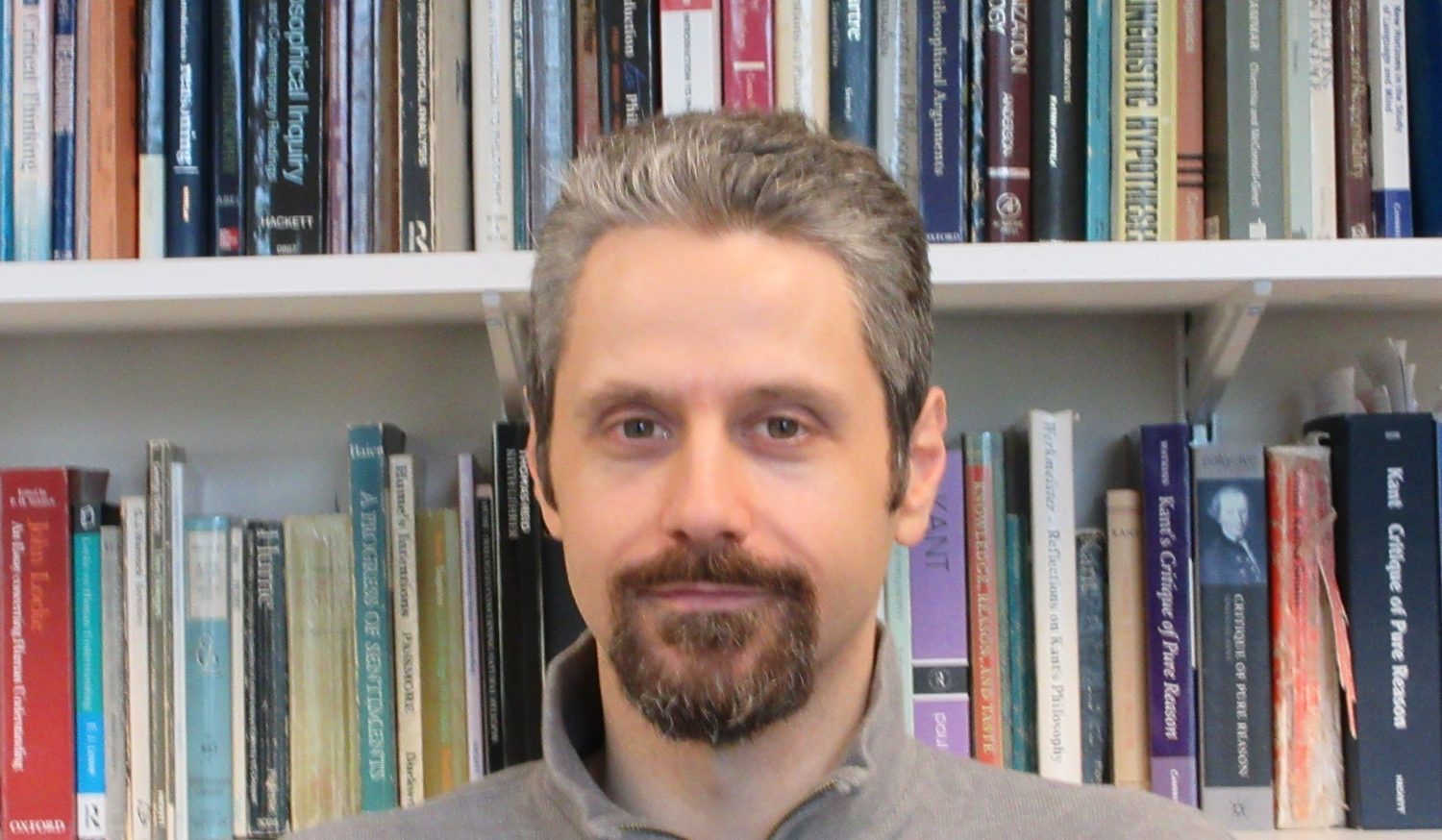Work in Progress: John Carroll on Modality

In this article, John Carroll, Professor of Philosophy, discusses his ongoing work on the semantics of modal concepts and some applications of this work.
My current research develops a novel logical framework that does important philosophical housekeeping. It is work in the philosophy of language, logic and linguistics even though most of my previous work has been in metaphysics and philosophy of science. Central to this work is a semantic account of ordinary uses of so-called modal expressions, including especially ‘necessary’ and ‘possible.’
I am ultimately interested in the analysis of important philosophical concepts like knowledge, explanation, causation and ability that implicitly involve modality. (For example, we cannot know something that is not possible relative to the available evidence.) And I am impressed by how attention to language can shed light on barriers to conceptual understanding.
My semantic account of modals avoids the use of possible worlds, instead letting set membership do the work. According to the account, a sentence is necessarily true if and only if it is both true and a member of a set, L, which represents the presuppositions of the conversation, or what Robert Stalnaker has called the common ground. (Being a possibly true sentence of the semantics is just a matter of not being necessarily false.)
At the moment, I am working with Johannes Hafner, an independent scholar, to establish the framework’s logical properties (such as soundness, compactness and completeness). We also are exploring how to enrich the framework to deliver what are now familiar modal logics like Systems (S4) and (S5), first formalized in 1932 by C. I. Lewis and C. H. Langford.
There are intriguing applications of my semantics. One is how it explains the everyday phenomenon of conversational accommodation: If someone says, ‘P is necessary,’ this assertion can be accommodated by including P in the common ground. A way to try to block the accommodation would be to say, ‘Not-P is possible,’ which might itself be accommodated by keeping P out of the common ground.
My semantics also avoids problems that arise for standard possible-world semantics because it cannot distinguish between certain possibilities. Among other things, this has stymied attempts to give accounts of knowledge and epistemic possibility.
Consider the case of knowledge. Possible-world semantics equates sentences that hold in exactly the same possible worlds, such as the claim that 1 + 1 = 2 and the Pythagorean Theorem. As a result, it cannot account for the obvious fact that a six-year-old child could know that 1 + 1 = 2 without also knowing the Pythagorean Theorem. But my semantics can, because it sensibly does not equate the claim that 1 + 1 = 2 with the Pythagorean Theorem, treating them, rather, as expressions of two distinct mathematical facts.
Consider, next, the case of epistemic possibility. Obviously, it is (epistemically) possible that the Riemann Hypothesis is true and it is also possible that it is false. My semantics can explain both of these possibilities by recognizing that neither the Riemann Hypothesis nor its negation is included in the common ground of any relevant conversation. But, given that the Riemann Hypothesis is either true in all possible worlds or else false in all possible worlds, standard possible-world semantics cannot accommodate both possibilities because it must treat the hypothesis as either necessary or impossible.
- Categories:


